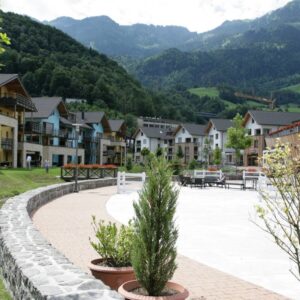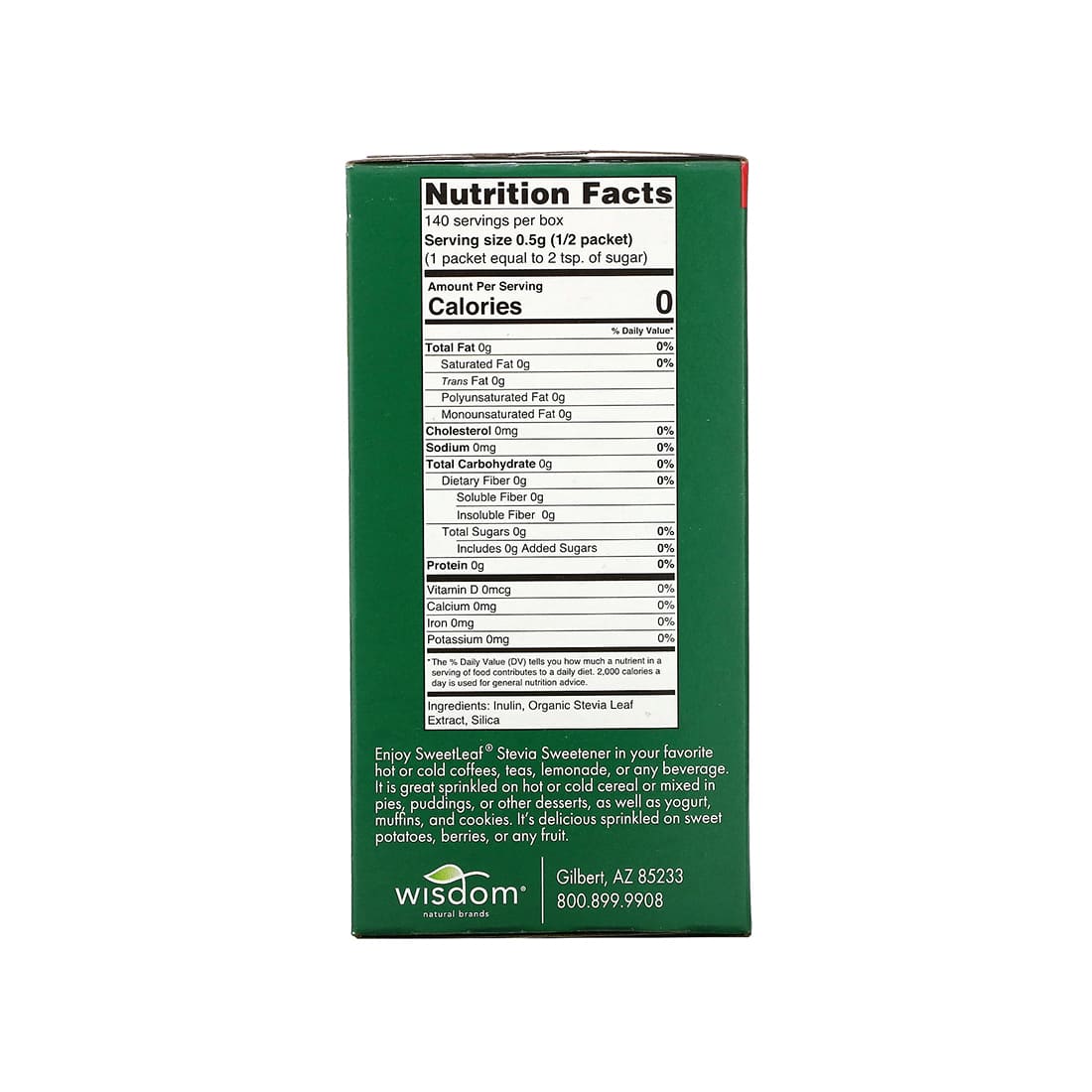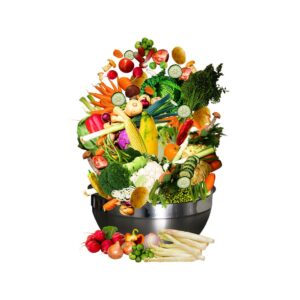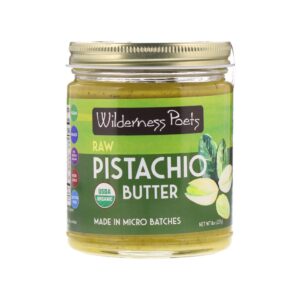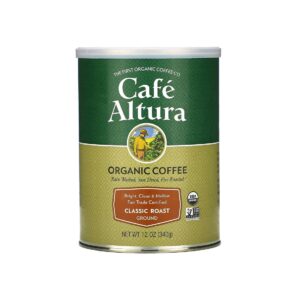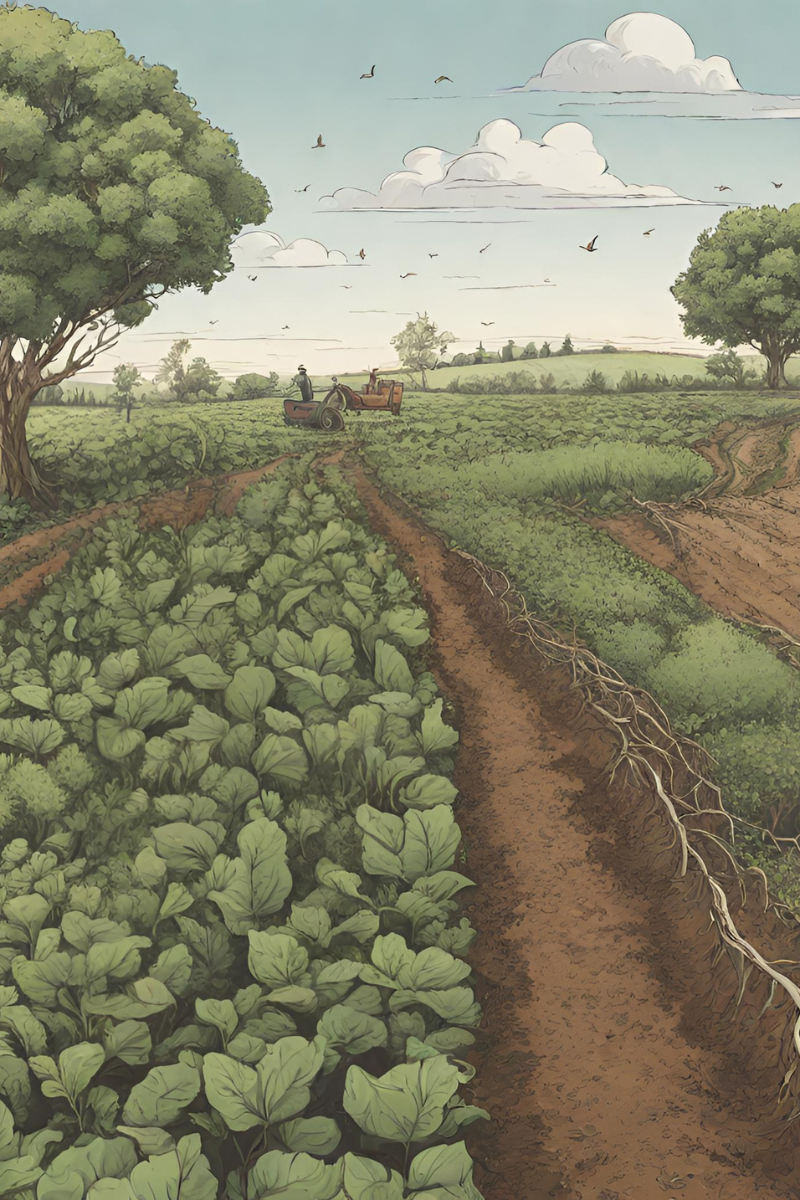
Sustainable and regenerative agriculture is a method of farming that focuses on producing food in a way that is environmentally friendly, socially responsible, and economically viable. This approach aims to meet the needs of the present without compromising the ability of future generations to meet their own needs. In recent years, sustainable agriculture has gained momentum as a response to the growing concerns about climate change, environmental degradation, and food security.
Environmental Benefits of Sustainable Agriculture
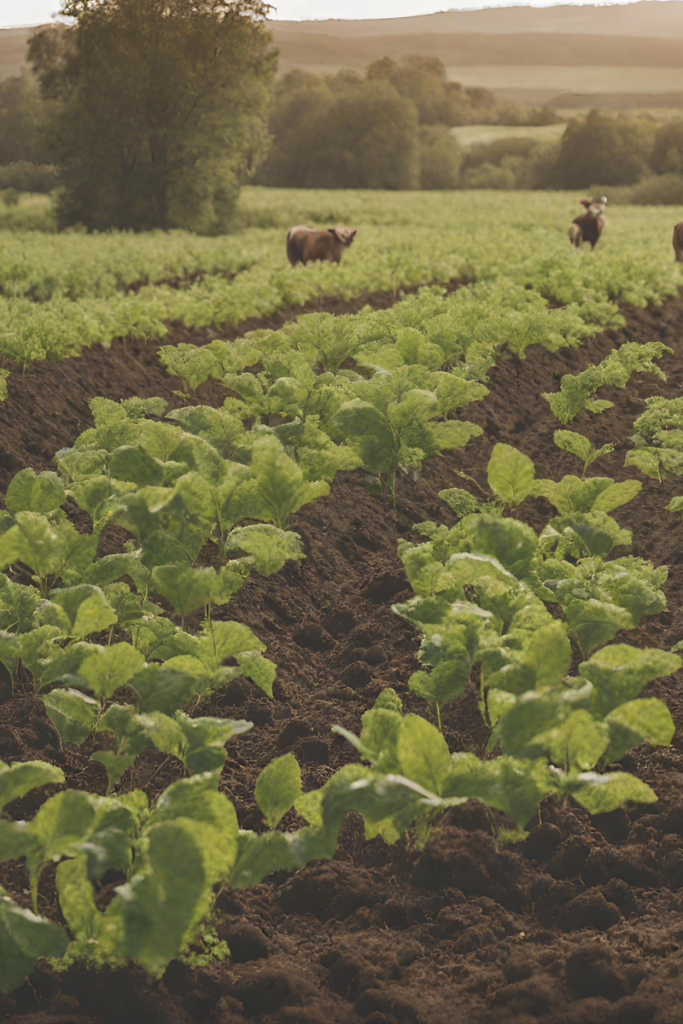
One of the key benefits of sustainable agriculture is its positive impact on the environment. By utilizing practices such as crop rotation, conservation tillage, and integrated pest management, sustainable and regenerative farmers can reduce their reliance on synthetic fertilizers and pesticides, which can pollute waterways and harm biodiversity. Additionally, sustainable agriculture promotes the use of cover crops and agroforestry, which can help sequester carbon from the atmosphere and mitigate climate change.
-
- Crop rotation helps maintain healthy soil by alternating the types of crops grown in a particular area, reducing the need for chemical inputs and preventing soil erosion.
-
- Conservation tillage reduces soil disturbance, which helps improve soil structure and enhances its ability to retain water and nutrients.
-
- Integrated pest management focuses on preventing pest damage through a combination of biological, cultural, and mechanical methods, minimizing the need for chemical pesticides.
-
- Agroforestry integrates trees and shrubs into agricultural landscapes, providing multiple environmental benefits such as carbon sequestration, biodiversity conservation, and soil protection.
What is regenerative agriculture?
- Soil Health: Regenerative farmers prioritize building healthy soil as the foundation of their farming practices. This involves minimizing soil disturbance, promoting soil organic matter through the use of cover crops and crop rotations, and avoiding the use of synthetic pesticides and fertilizers. Healthy soil is crucial for nutrient cycling, water retention, and supporting a diverse microbial community.
- Biodiversity: Regenerative farmers recognize the importance of biodiversity in maintaining ecosystem resilience and productivity. They strive to create diverse agroecosystems that mimic natural ecosystems, incorporating a variety of crops, animals, and beneficial insects. Biodiversity enhances pest and disease resistance, improves soil fertility, and promotes overall ecosystem health.
- Water Management: Regenerative farming practices aim to minimize water use and reduce the risk of soil erosion and water pollution. Techniques such as agroforestry, contour plowing, and the use of cover crops help to retain moisture in the soil, prevent runoff, and improve water infiltration. By enhancing water management practices, regenerative farmers can mitigate the impacts of drought and flooding and contribute to water conservation efforts.
- Carbon Sequestration: One of the defining features of regenerative farming is its focus on carbon sequestration and climate change mitigation. By increasing soil organic matter through practices like no-till agriculture, cover cropping, and rotational grazing, regenerative farmers can draw down atmospheric carbon dioxide and store it in the soil. This helps to mitigate climate change while also improving soil fertility and resilience.
Social and Economic Implications of Sustainable Agriculture
Beyond its environmental benefits, sustainable agriculture also has significant social and economic implications. By promoting practices that prioritize the long-term health of ecosystems, sustainable agriculture can help safeguard the livelihoods of farmers and strengthen rural communities. Additionally, sustainable farming practices can lead to greater resilience in the face of climate change and market fluctuations, ultimately contributing to food security and economic stability.
-
- Community-supported agriculture (CSA) models, where consumers purchase directly from local farmers, can help strengthen local food systems and support small-scale producers.
-
- Agroecological farming, which mimics natural ecosystems and relies on ecological processes, can enhance the resilience of agricultural systems and reduce farmers’ dependency on external inputs.
-
- Fair trade and organic certification programs provide farmers with access to market opportunities and premiums for sustainably produced goods, improving their economic prospects.
Case Studies and Success Stories
Several successful examples around the world demonstrate the positive impact of sustainable agriculture on both the environment and the communities it serves. For instance, the SRI (System of Rice Intensification) method has enabled rice farmers in various countries to achieve higher yields while using less water and chemical inputs. In East Africa, the push-pull farming system, which combines intercropping and the use of specific companion plants to manage insect pests, has helped smallholder farmers increase their crop yields and reduce the need for pesticides.
In the Sahel region of Africa, the regeneration of traditional agroforestry practices has led to the restoration of degraded landscapes, improved soil fertility, and enhanced food security for local communities. These examples underscore the potential of sustainable agriculture to address pressing environmental and social challenges while also improving the productivity and resilience of agricultural systems.
Conclusion
Sustainable agriculture is not just a buzzword but a practical and effective approach to addressing the complex challenges facing our food and agricultural systems. By prioritizing the health of ecosystems, the well-being of farmers, and the resilience of communities, sustainable agriculture offers a path toward a more sustainable and equitable food future. It is imperative for policymakers, businesses, and consumers to support and invest in sustainable agriculture practices to ensure the long-term health of our planet and the well-being of its inhabitants.
Contact us here if you would like to showcase your sustainable farmstay, farm experience or farm products on Farmlike.
 Docs
Docs
 Support
Support




















 Home
Home  Whishlist
Whishlist  Cart
Cart 